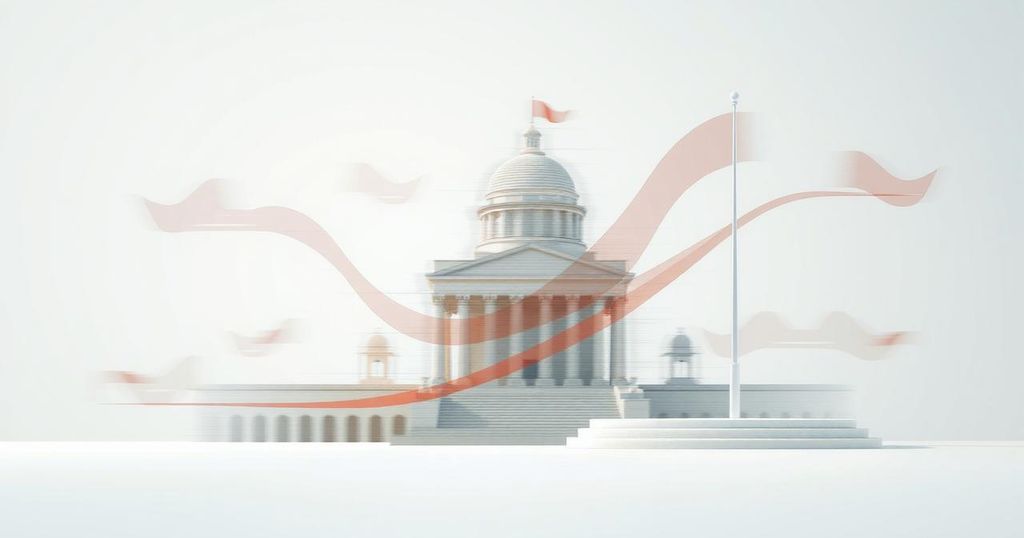Ethiopia’s National Election Board has suspended the TPLF for three months due to internal governance violations, including failing to hold necessary elections. The party is divided into factions, complicating its ability to adhere to regulations. This suspension could impact the stability of the Tigray region and wider Ethiopia amidst existing tensions.
Ethiopia’s National Election Board has announced a three-month suspension of the Tigray People’s Liberation Front (TPLF), which governs the Tigray region, due to violations of internal governance laws. The Board cited the TPLF’s failure to hold an internal general assembly to elect party officials or approve its bylaws as central to this decision. The party is currently divided into two factions, each claiming leadership, which has impeded the holding of internal elections.
This suspension is significant as the TPLF plays a crucial role in the interim administration of Tigray, established following a peace agreement that concluded a brutal civil war that lasted two years. While the conflict ended with a ceasefire in November 2022, the TPLF’s internal strife has raised concerns over increased tensions and the potential for renewed violence, threatening stability in a nation already experiencing conflict in the Amhara and Oromiya regions.
The National Election Board underscored the seriousness of the TPLF’s infractions. They stated, “The party has failed to abide by the above-mentioned laws and directives, which are serious violations”. Consequently, the Board has barred the TPLF from engaging in political activities for the next three months as it seeks to remedy these governance issues.
The suspension of the TPLF indicates heightened scrutiny by Ethiopia’s National Election Board regarding compliance with political party regulations. With the TPLF’s internal division threatening to undermine stability in Tigray and beyond, this situation warrants careful observation as it could potentially escalate into further unrest across the country. The coming months are crucial for both the TPLF and the broader political landscape in Ethiopia.
Original Source: www.genocidewatch.com






